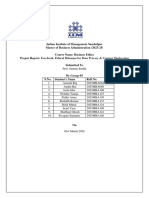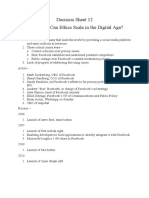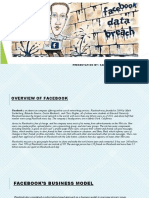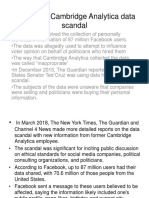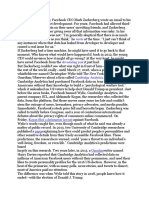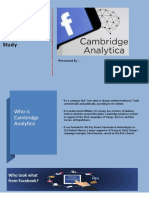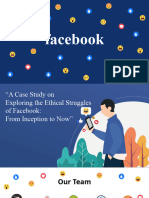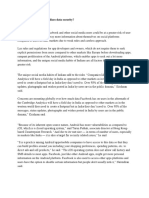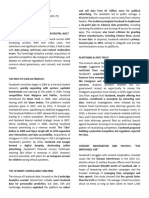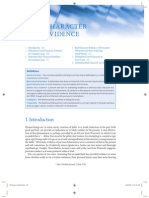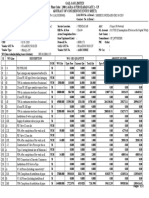0% found this document useful (0 votes)
4 views4 pagesManagement Information System
A few questions about the case
Uploaded by
shantanu.p26xCopyright
© © All Rights Reserved
We take content rights seriously. If you suspect this is your content, claim it here.
Available Formats
Download as DOCX, PDF, TXT or read online on Scribd
0% found this document useful (0 votes)
4 views4 pagesManagement Information System
A few questions about the case
Uploaded by
shantanu.p26xCopyright
© © All Rights Reserved
We take content rights seriously. If you suspect this is your content, claim it here.
Available Formats
Download as DOCX, PDF, TXT or read online on Scribd
/ 4











